Publications
Articles, publications, books, tools and multimedia features from the U.S. Institute of Peace provide the latest news, analysis, research findings, practitioner guides and reports, all related to the conflict zones and issues that are at the center of the Institute’s work to prevent and reduce violent conflict.
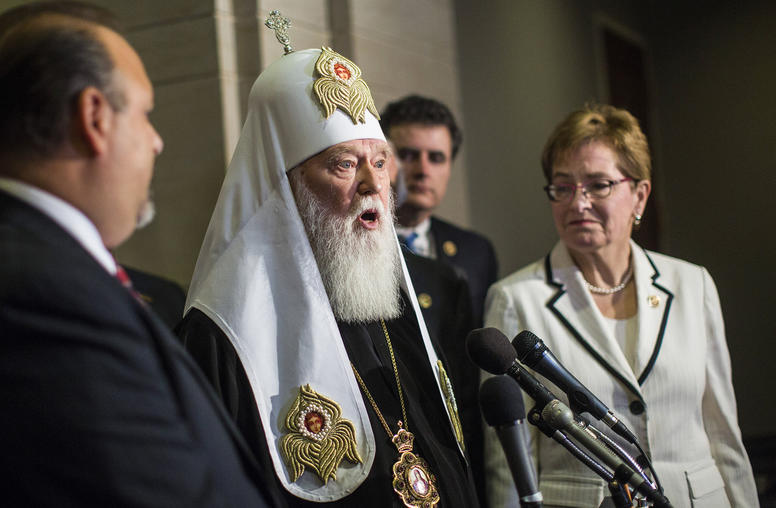
Russia’s War on Ukraine Roils the Orthodox Church
Russia failed to anticipate that its invasion of Ukraine in 2014 would cost it one of its most powerful levers of influence over its neighbor: the formal authority of the Russian Orthodox Church over its Ukrainian counterpart. But it has done so, and that unintended consequence could lead to others: a decline in Russian influence within the Eastern Orthodox world, a deeper division in the Orthodox community—and even perhaps the largest schism in Christianity since 1054. The international community has a key role in determining how this unfolds and must act to ensure the worst scenarios don’t come to pass.
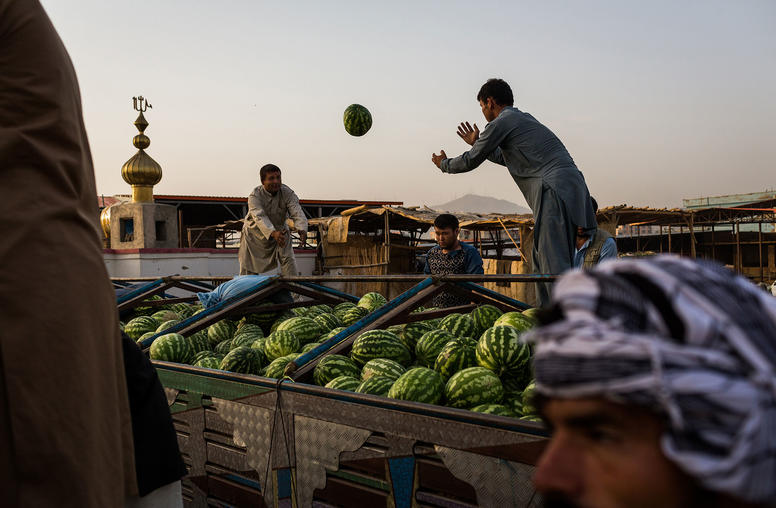
How to Secure Afghanistan’s Future
From a diplomatic and process standpoint, Geneva Conference on Afghanistan was generally seen as a success by participants (though some countries were not represented at the minister level), and the Afghan government showcased the progress it made in implementing reforms and national priority programs over the past two years. But what did the GCA accomplish substantively, what was left undone, and what questions were left unanswered?
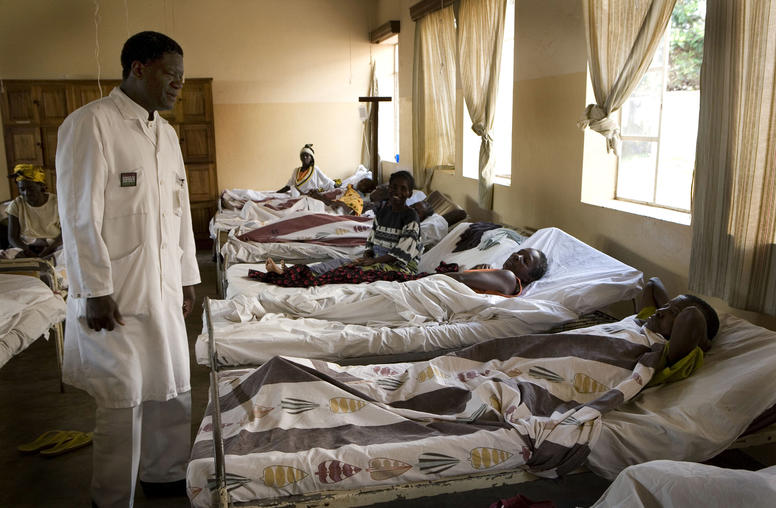
The Elusive Peace: Ending Sexual Violence during and after Conflict
Awarding the 2018 Nobel Peace Prize to advocates for survivors of wartime sexual violence, Dr. Denis Mukwege and Nadia Murad, indicates that the issue of sexual abuse has gained international recognition. This comes ten years after the adoption of the UN Security Council Resolution 1820, which declared that conflict-related sexual violence constitutes a war crime and a crime against humanity. This Special Report highlights the limited scope of the resolution, examines the connections between sexual violence and conflict, and urges key stakeholders to view sexual violence—both during conflict and after—as a threat to international peace and security.
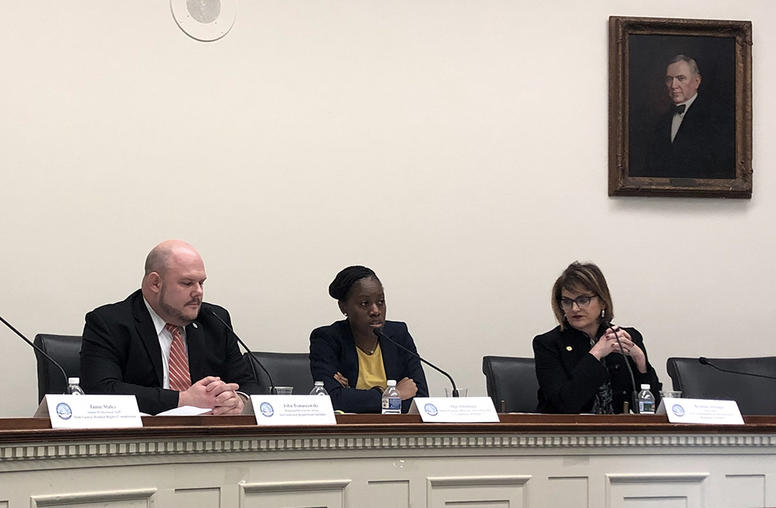
Nigeria: Elections and Human Rights
Nigeria’s keenly anticipated presidential and national assembly elections are scheduled for February 16, 2019, while the elections for state governors and state assemblies are scheduled for March 2, 2019. These elections come 20 years after the restoration of democratic, multiparty constitutional rule in Nigeria.

Ambassador Chester Crocker on President Bush’s Legacy
A former assistant secretary of state for Africa, Amb. Crocker was appointed to USIP’s Board of Directors by President Bush. Reflecting on the late president’s legacy, Crocker said, “George H.W. Bush understood we had many audiences in our foreign policy and that we have to talk to all of them, be understood by all of the them and be able to put everything into a kind of overall balance.”
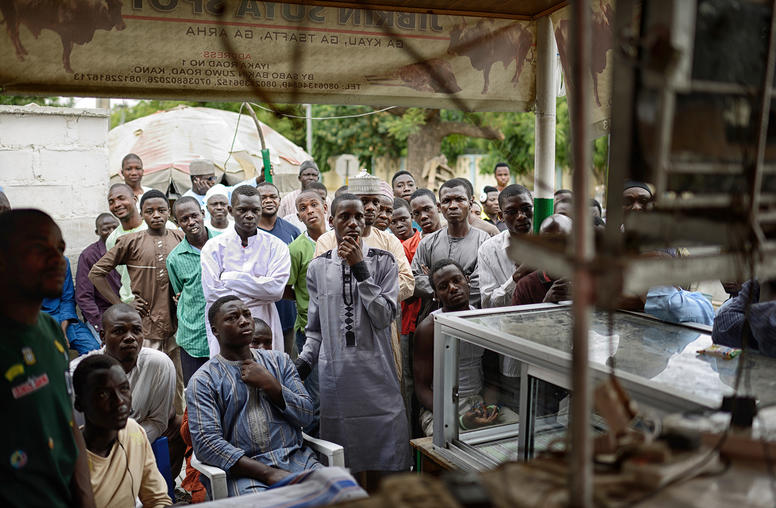
The Risk of Election Violence in Nigeria is Not Where You Think
Nigeria’s political parties are in full campaign mode ahead of national and state-level elections early next year, and unfortunately signs are emerging that election-related violence is a real possibility. It’s not too late, however, for Nigerians and the international community to take steps to reduce the risks of coercion and possibly even bloodshed.
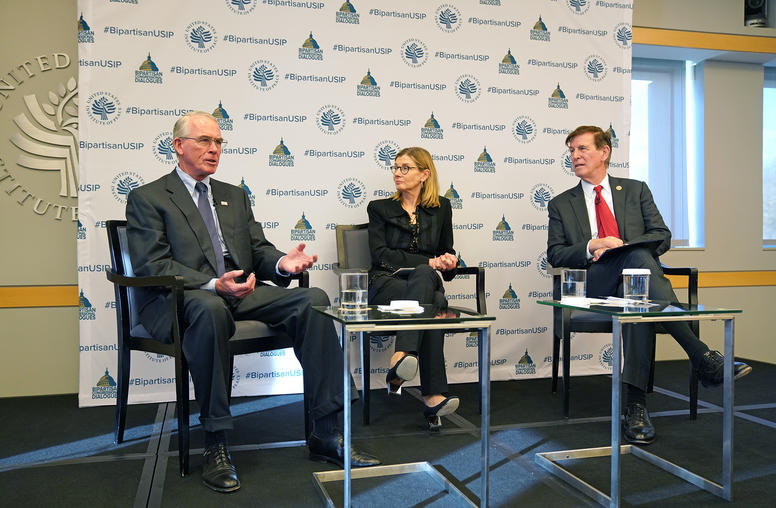
Can Soft Power Work in a Sharp Power World?
Speaking at USIP’s seventh Bipartisan Congressional Dialogue, Rep. Francis Rooney (R-FL) and Rep. Don Beyer (D-VA) discussed the threat posed by sharp power to global stability and how the United States, through bipartisan efforts, could use soft power to counter this threat.

Bill Taylor on Russia’s Seizure of Ukrainian Ships
“There’s no doubt in my mind that President Vladimir Putin knew what was going on and had given the general guidance,” says William B. Taylor, regarding Russia’s seizure of Ukrainian ships in a vital maritime trade route for Ukraine. The United States and Europe must jointly apply additional economic sanctions and provide military assistance to Ukraine to pressure Russia to cease its aggressive actions.
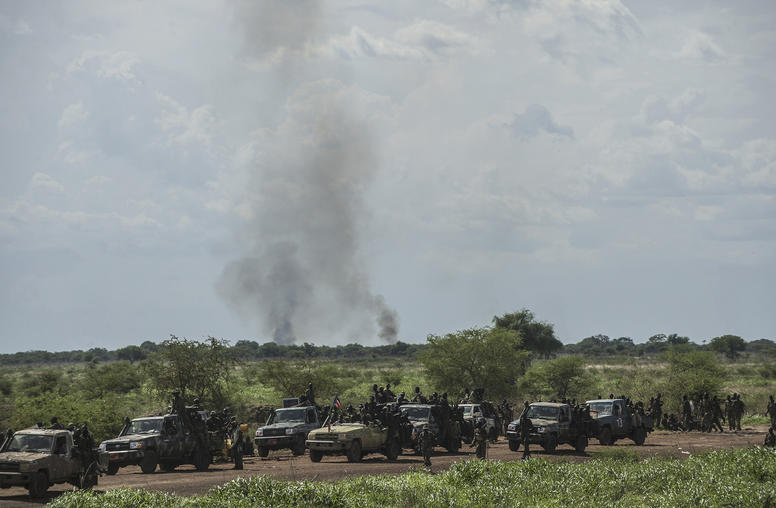
To Aid South Sudan’s Cease-fire, Increase Transparency
In the last five years, international monitors in South Sudan have documented more than 100 violations of the country’s numerous cease-fire agreements. A new analysis of the monitors’ data published from April 2014 to August 2018 demonstrates how the conflict changed as the government’s military position strengthened.

Moeed Yusuf on the 10th Anniversary of the Mumbai Attacks
Ten years ago this week, 10 members of Lashkar-e-Taiba—a Pakistan-based terrorist organization—carried out a series of coordinated attacks in Mumbai. Moeed Yusuf explains how the attacks derailed the most promising peace process India and Pakistan had ever managed and how U.S. mediation was critical to averting war in South Asia in the aftermath of “India’s 9/11.”